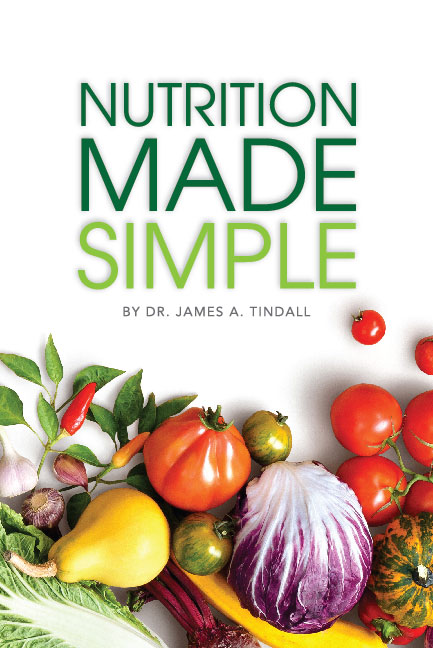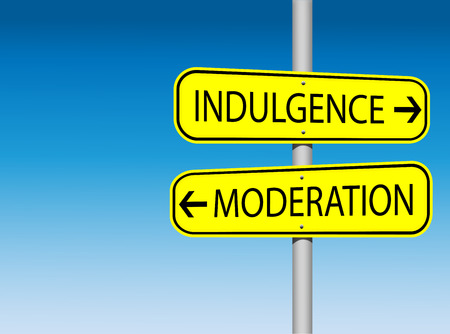- Following are some tips for healthy eating at home, work, and elsewhere to help you get started. Try some of these ideas. Combine these tips with moderation in portion size appropriate for your daily caloric intake. Go to our “Tools” section to calculate your required daily calories.
Start your day off right!
Eat breakfast!
Drink 100% fruit juice (canned, from a carton, or freshly squeezed) with breakfast, or take a can to drink at work.
Spruce up your breakfast banana or handful of berries will liven up your cereal, yogurt, waffles, or pancakes.
Take a piece of fruit to munch on during your commute.
Why? It is not because breakfast is the best for you nutritionally; eating breakfast gets your body’s metabolism up quickly and into, as it were, a better fat burning mode.
An easy way to make fruits and vegetables more accessible to you is to make sure you buy them. Keep bowls of fruits and vegetables on the kitchen table and counter. Now that you’ve bought them, eat them. Try to eat 3-5 vegetables for each fruit. Don’t consume more than 2-3 pieces or the equivalent each day.
Baked potatoes, corn on the cob, bread – what do these items often have in common? We generally cover them with butter, right? If we’re not careful and we aren’t all the time we don’t realize how much we actually use. If you must use butter and margarine, use them sparingly.
Advertisement: Amazon (click on photo for more info)

Use “lite” or low-fat dairy products (e.g., milk, cheese, yogurt, or sour cream). Use in recipes and/or drink 1% or skim milk. You’ll still get the nutrients and taste but not the fat.
When you make or buy a salad, a little bit of salad dressing goes a long way. Measure 1 tablespoon of dressing and toss well with your salad. The dressing coats the salad instead of drenching it. For even more flavor, sprinkle the salad with lemon pepper before adding dressing or, use light or fat-free salad dressing. The same principle applies when using condiments; a little mayonnaise is all you need. Or use the light or fat-free kind.
If you like to eat meat, there’s no reason you have to give it up. But you can help reduce fat by choosing the leanest cuts such as beef round, loin, sirloin, pork loin chops, turkey, chicken, and roasts. All cuts with the name “loin” or “round” are lean. If you cook it yourself, trim all visible fat and drain the grease. For best long-term results consume more fish and skinless chicken than red meats that have higher amounts of saturated fats.
Fried foods taste great, but are not great for you. They’re very high in fat, typically saturated fat. So, use oils sparingly (try olive and canola oils). Bake chicken without the skin. Substitute a potato for French fries.
Why do we eat snacks? They taste great, they’re easy, and they satisfy our sweet and salt cravings. And, let’s face it, crunchy food is fun. So why not make your own snacks by packing healthy, quick, and easy-to-grab foods such as little bags or containers of ready-to-eat vegetables (e.g., celery sticks, cucumber wedges, and cherry tomatoes) or, make healthier choices on snacks that are store bought, like pretzels. Keep them with you in your briefcase, office, car and home.
If you’re like most people, no matter how much you’ve eaten at dinner, there’s always room for desserts and sweets. “I’m stuffed. Couldn’t eat another bite.
What about ice cream and other sweets?
Cut down on the portion size and how often you eat these items.
Substitute low-fat or fat-free baked goods, cookies, and ice cream. They still taste great. Choose fruit. It tastes great, is filling, and provides energy.
Remember, sugar is the enemy of weight loss. It’s almost impossible to lose weight if you spike your blood-sugar level constantly with sugar. This causes fat reduction problems such as the inability to burn fat properly, build up of fat, and depression of metabolism. Also, just because something is sugar free, fat free or low fat doesn’t mean you can eat as much as you want. Many low-fat or nonfat foods are also high in calories. Eat everything in moderation.
Typical restaurant servings are often twice the size of a single serving. Try this: When dining out or ordering in, ask for half of a serving or a “doggy bag.” That way you won’t be as full and you can have some tomorrow. You can also drink 2-3 glasses (8 ounces each) of water before you eat. You’ll feel full much faster and this will help you restrict unwanted calories.
Fast food combines a lot of fat and calories. But it doesn’t have to if we’re careful. You can still get food in a hurry, but try these suggestions:
- Order a lean roast beef sandwich.
- Order grilled chicken sandwiches and do the fixings “your way.”
- Keep the portions to regular and small. No “double” anything or “going large.”
Order items without the cheese.
No matter what you do, moderate your food intake and opt for healthier choices at home and when dining out.






